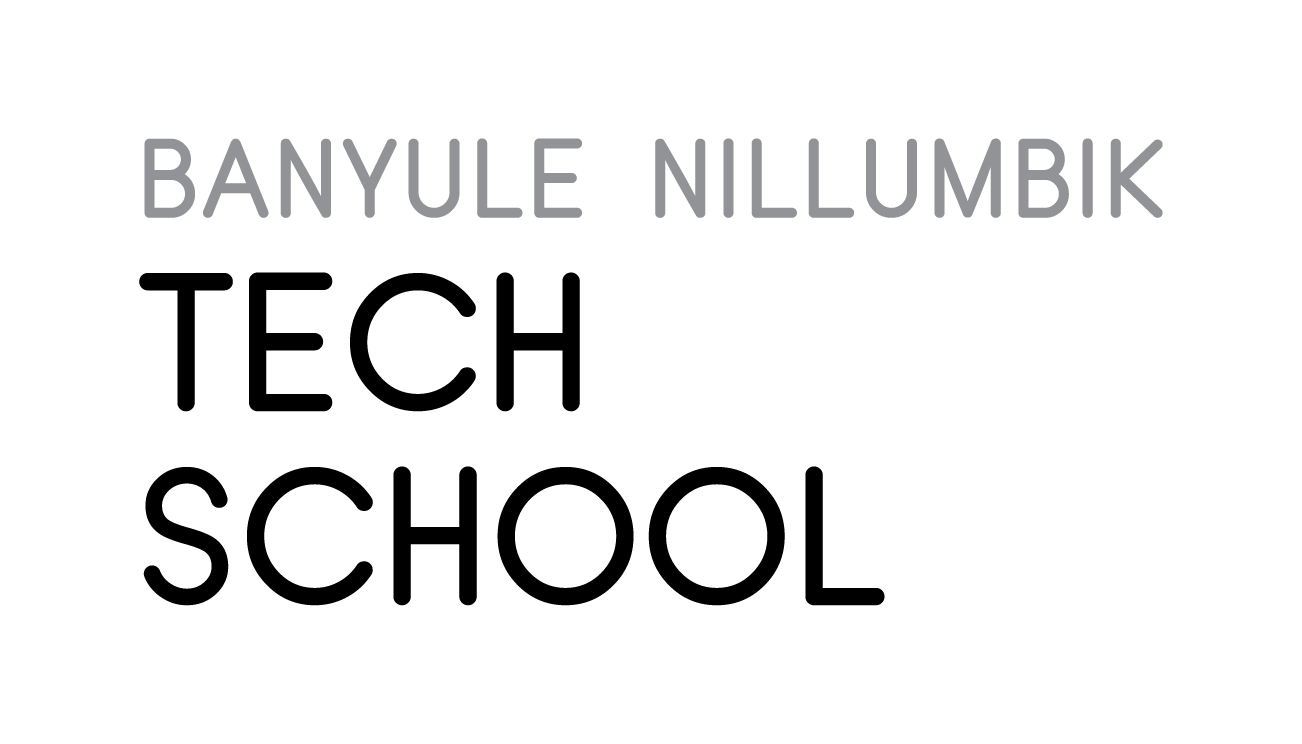Program Overview
Year Level
Prework
Duration
Days
Capacity
More Information:
If you would like more information about this program, drop us a line at:
banyulenillumbikts@melbournepolytechnic.edu.au
9269 1057
Industry Focus
Industry Partner
Over the two-day program, students take on the role of game designers, use emerging technology to program custom games, design unique controllers and build cabinets that create an engaging experience for primary school students.
During in-school pre-work, students unpack STEM concepts and consider the importance of good scientific literacy. Students will also investigate the expansion of the video game industry and its STEM careers. Class discussions and participation in learning activities will provide insight into the fundamentals of good game design – game loops, core mechanics, immersion, challenge and interaction.
Students will have the opportunity to create their prototypes using a range of emerging technologies, including programming using Make Code, 3D modelling, sensor technology, micro controllers and digital design.
Assembled game prototypes are showcased at an Indie Convention, which provides an opportunity for students to interact with fellow game designers and collaborate on a variety of STEM Arcade games.
Success Criteria
- Develop a game prototype using computer programming
- Demonstrate a STEM principal through game design
- Explain the process and experience for developing a game prototype
.
.
.
.
.
.
.
.
.
.
Design and Technology
Digital Technologies
Dance
Music
Media Arts
Visual Communication Design
Visual Arts
.
English
EAL
Civics and Citizenship
Economics and Business
Geography
History
Movement and Physical Activity
Personal, Social and Community
” _builder_version=”4.16″ _module_preset=”default” global_colors_info=”{}”][/dvmd_table_maker_item][dvmd_table_maker_item col_label=”Yr7-8″ col_content=”Year 7-8
–
Y
Y
–
–
–
Y
–
Y
Y
–
–
–
–
–
–
–
Y
Y
–
-” col_column_max_width=”60px” col_column_min_width=”60px” col_tcell_cell_align_horz=”center” col_chead_cell_color=”#00BBC1″ _builder_version=”4.16″ _module_preset=”default” col_chead_text_font=”|700|||||||” col_chead_text_font_size=”1em” col_chead_text_line_height=”1.3em” global_colors_info=”{}”][/dvmd_table_maker_item][dvmd_table_maker_item col_label=”Yr9-10″ col_content=”Year 9-10
–
Y
Y
–
–
–
Y
–
Y
Y
–
–
–
–
–
–
–
Y
Y
–
Y” col_column_max_width=”60px” col_column_min_width=”60px” col_tcell_cell_align_horz=”center” col_chead_cell_color=”#00BBC1″ _builder_version=”4.16″ _module_preset=”default” col_chead_text_font_size=”1em” col_chead_text_line_height=”1.2em” global_colors_info=”{}”][/dvmd_table_maker_item][/dvmd_table_maker]
Two Day Program Schedule
Prework
Day One
Day Two
Post Visit
Prework
Day One
Day Two
Post Visit
Technology Skill Ups Available
Microcontrollers
Microcontrollers are widely used to power small form factor devices. This skill up will introduce students to microcontrollers and how to program them to suit their functional requirements.
Digital Design
Using industry current software students will learn the art of illustration design; from line and shape tools, to gradients and collage creation. Illustrations can also be used to create paths for laser cutters and CNC routers.
Sensor Technology
From automatic doors to step counters, sensor technology is widely used across society. The sensor technology skill up will provide the skills required to create fixed or wearable sensor devices to meet the determined design requirements.
Introduction to Coding
Learn the fundamentals of programming with easy to use block building systems to quickly master the basics of variables, conditional code and loops.
